Tai chi, a gentle and meditative Chinese health and martial art, is more effective than a vigorous aerobic workout in lowering blood pressure, thus offering a nondrug option for early-stage patients to control hypertension, according to a recent study led by Chinese researchers.
The study, published in the journal JAMA Network Open on Feb 9, looked into the role of tai chi in lowering blood pressure among people with prehypertension.
Prehypertension is defined as a blood pressure reading that is higher than normal but not reaching hypertension level. Without lifestyle changes, the condition could worsen into hypertension and also increase the risk of heart attack and stroke, according to the World Health Organization.
Official data shows that in China, about one in four adults have high blood pressure. In addition, a survey in 2018 found that an estimated 51 percent of adults without a history of hypertension had prehypertension.
In the new study, which was led by researchers at the Chinese Academy of Chinese Medical Sciences' Guang'anmen Hospital, 342 participants with slightly elevated blood pressure were randomly and evenly assigned to perform either tai chi or aerobic exercise for one hour, four times a week. Their average age was 49, and 166 of them were men.
Half of them performed the standardized 24-movement practice routine of Yang style tai chi, while the other half took up aerobic activities such as climbing stairs, jogging and cycling.
A year later, those in the tai chi group showed a significantly greater drop in their blood pressure than their counterparts who did aerobic exercises.
Moreover, nearly 22 percent of patients from the tai chi group saw their readings fall to the normal range, compared with less than 16 percent in the aerobic exercise group.
"These findings support the important public health value of tai chi to promote the prevention of cardiovascular disease in populations with prehypertension," said the study report.
Tai chi has long been a popular activity among the elderly because it is a relatively low-impact exercise, it has soothing effects on the mind and body, and it is convenient to practice at home, outdoors or in many other places. Medical experts have also recommended the exercise for patients recovering from cardiovascular or respiratory illnesses.
Yang Jiefu, vice-chairman of the Chinese Society of Cardiology, said that taking medication is not necessarily the priority for hypertension control, especially for patients whose blood pressure is not very high.
"Making lifestyle changes is vital. Some patients could return to a normal blood pressure level simply through adopting a healthier diet, quitting smoking and drinking, and exercising moderately," he said in an interview with China Central Television.
Wang Fang, a senior cardiologist at Beijing Hospital, said that regular exercise, such as brisk walking, swimming and tai chi, is an effective approach to preventing or controlling high blood pressure.
She suggested that patients with hypertension go through medical examinations to determine whether regular workouts are suitable and which type of exercise is ideal for them, before committing to a workout plan.









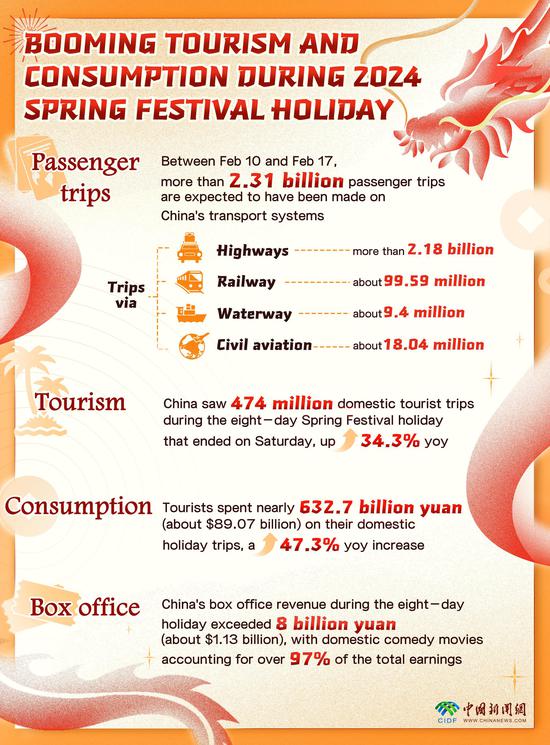
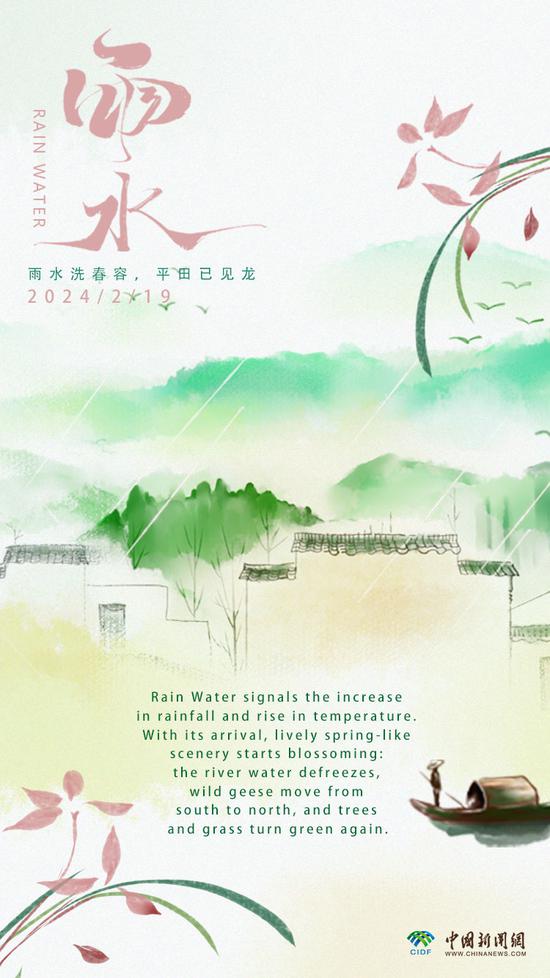


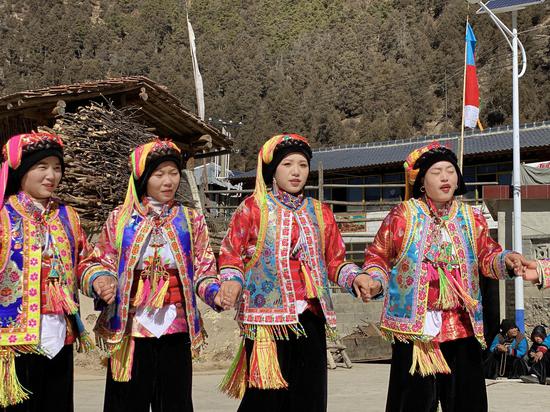



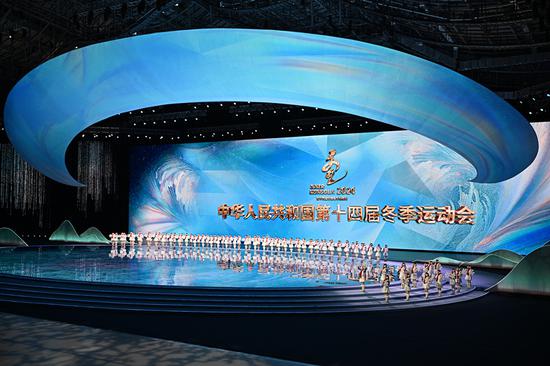

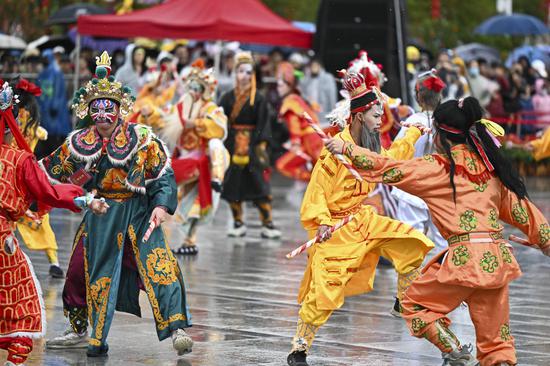


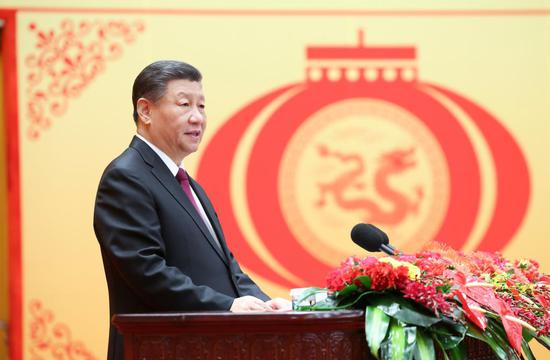
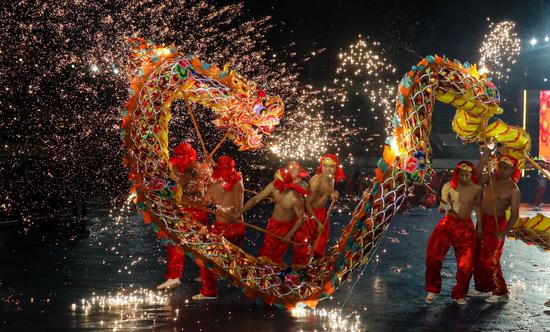



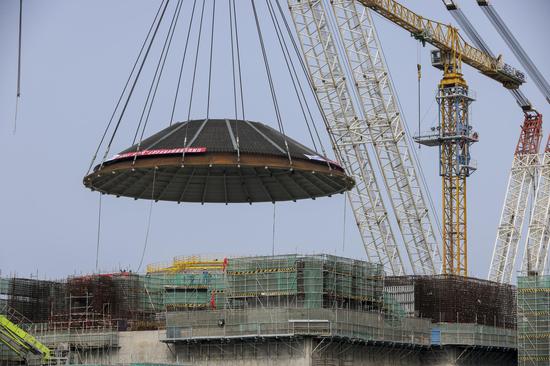




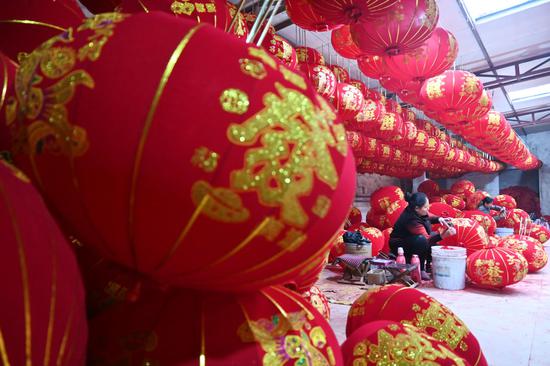
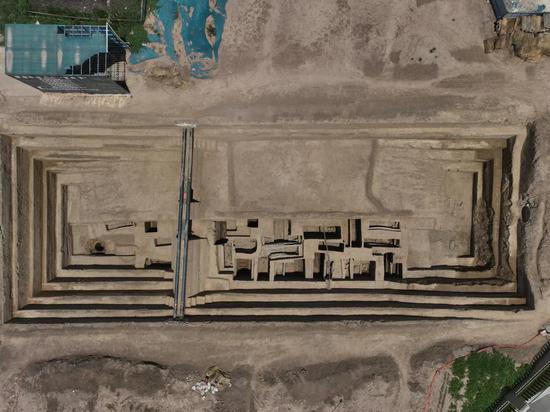
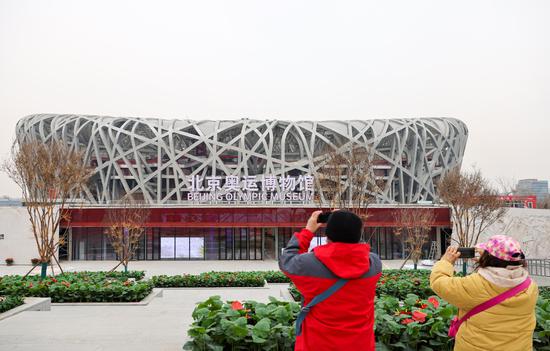
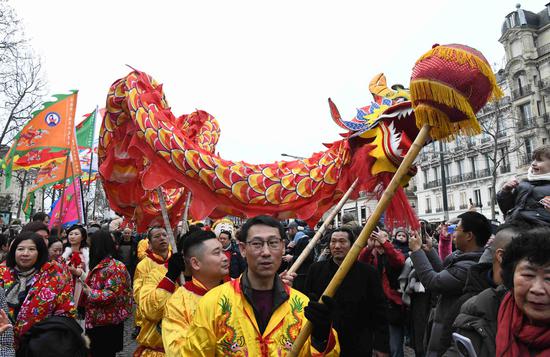
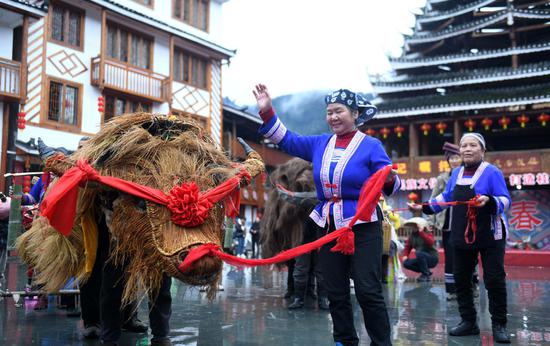



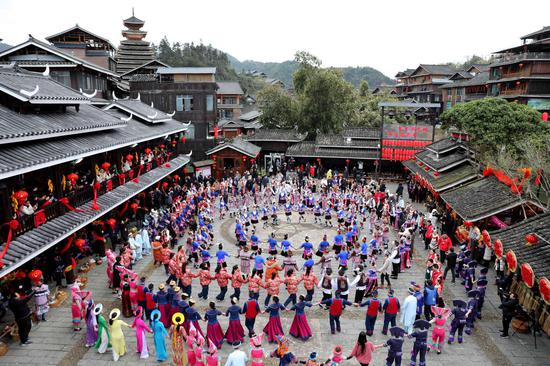
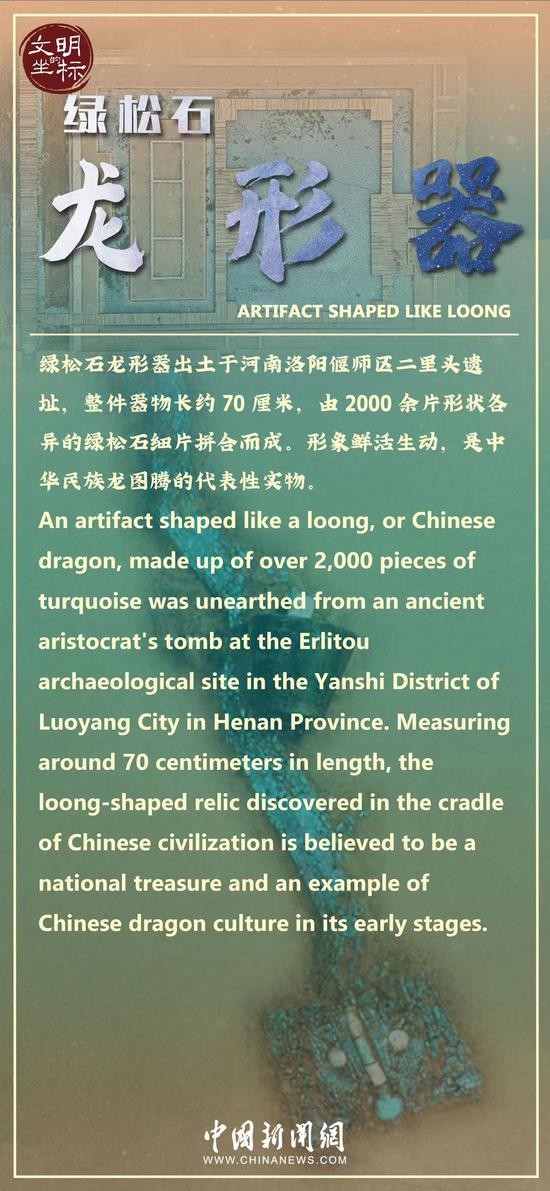
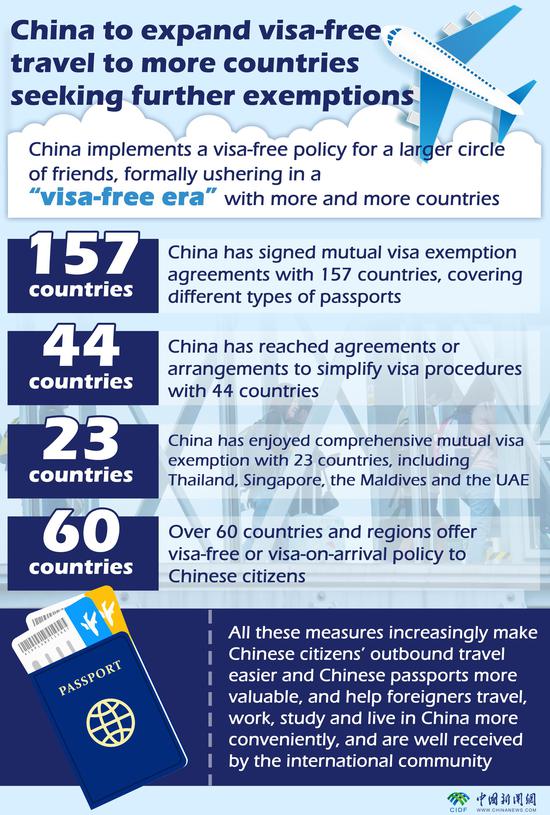
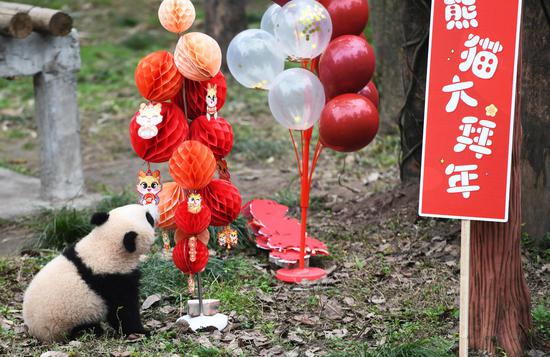
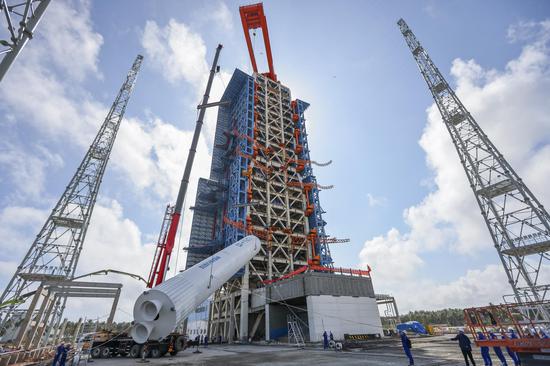





 京公网安备 11010202009201号
京公网安备 11010202009201号